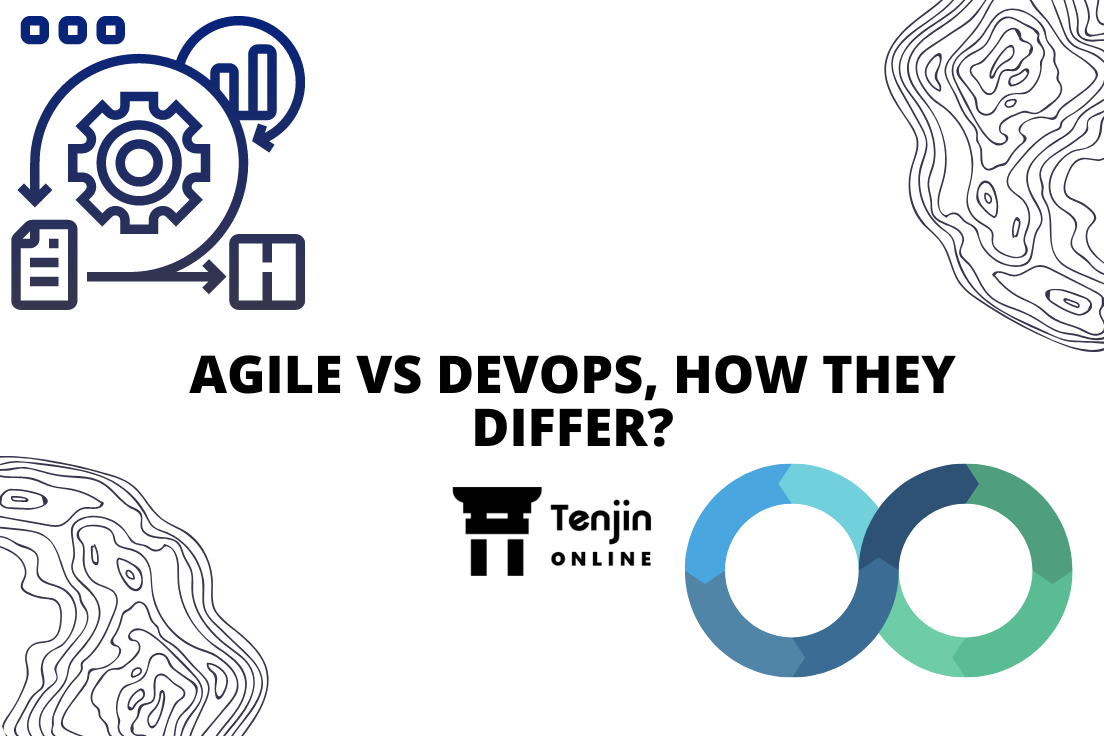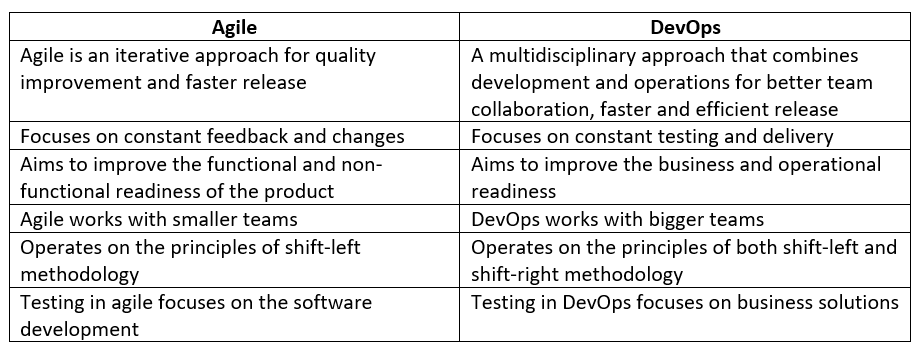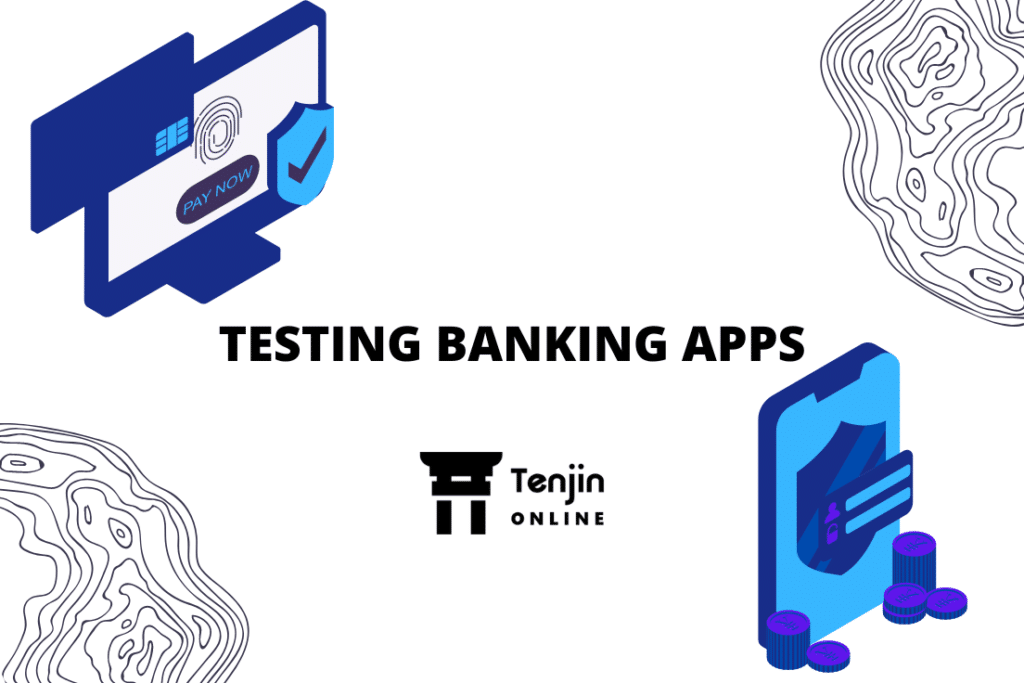
Software development methodologies have undergone numerous changes over time to improve the process and reduce time & cost. The process involves a series of evolution stages, which can be broadly categorized as waterfall, agile and DevOps methodologies. Waterfall methodology is a linear, sequential process that involves iteration only after the entire process is complete. As the iterations couldn’t be done in real-time, it created a demand for a more flexible approach giving rise to agile and DevOps approach.
Agile and DevOps are two popular software development methodologies that are implemented to develop software quickly and efficiently. Agile is a non-linear, iterative software development approach that allows cross-functional team collaboration to improve software quality while ensuring shorter release cycles. While DevOps is an advanced methodology that combines development and operations. Such collaborative efforts among cross-functional teams will improve productivity, enhance quality, reduce time, and improve process efficiency.
Agile or DevOps, which one to choose is a question, and organizations are trying to implement both to yield the best results. Whether it’s agile or DevOps developmental approach, testing is mandatory to ensure the application quality and efficiency. Testing is an integral part of the entire software development process that makes sure to create flawlessly working app. Let us understand agile and DevOps development process and the testing methodologies for each process.
Agile Methodology
Agile development approach is an iterative process that aims at continuous delivery to ensure the process is efficient and quicker. It is a flexible approach that is perfect for today’s fast-paced, technologically advanced world. Here, the process is carried out in sprints where it is tested and reviewed multiple times to ensure it works as expected before moving on to the next sprint.
According to a recent survey, about 97% of organizations are using agile methodologies for faster deployment and delivery. Agile approach encourages collaborative effort for constant feedback gathering, quicker implementations, and rapid release. Such setup helps in adapting to the rapidly changing market dynamics and ever-changing customer demands.
In agile methodology, a collective, well-planned strategy is implemented before proceeding with development, however, development is carried out in small batches which involves close collaboration of cross-functional teams. Development, testing, and changes are continuously implemented to rapidly develop high-quality software product. This approach is a flexible and efficient alternative for the rigid waterfall method.
Benefits of Agile
Agile methodology is offers numerous benefits; some of the prominent ones are:
Improved quality: As there are multiple iterations and the changes are implemented even before moving on to the next sprint, the quality of the software product is checked and maintained intact. Hence, agile methodology helps in improving quality significantly when compared to the outdated waterfall methodology.
Reduced risk: As each sprint is put through series of reviews and iterations, all major risks are identified and fixed. This approach immensely helps in mitigating risks and creating software products with high success probability.
Better team collaboration: Agile works with a collaborative approach where the cross-functional teams work in unison to give feedback and implement the same. Better team collaboration helps in better outcomes.
Flexibility: Agile is a highly flexible approach that can easily adapt to the volatile Dev environment. Such flexibility is required to keep the process going as expected.
Customer satisfaction: When products are released with high-quality in reduced time, which offers seamless experience to the users, it retains the existing customers and attract new ones. Customer satisfaction is of utmost priority as it is linked directly to market positioning and ROI metrics.
Testing of the agile process is important to ensure the outcome is as expected. Here, testing is carried out in an iterative manner to identify all the errors are fixed before moving to the next sprint.
DevOps
DevOps is an advanced development process with multidisciplinary approach combining both development and operations. It supports faster development, shorter release cycles, reduced time-to-market, and better team collaboration.
Benefits of DevOps
Here are some of the benefits of DevOps:
Faster release: Speed is important in today’s fast-paced world; this holds good for software development too. DevOps approach speeds up the development process and releases software faster than expected.
Simplified development: DevOps offers a simplified approach to develop the software. Here, different teams collaborate to develop sprints by implementing continuous changes. Since, each sprint is thoroughly implemented and ensured it working as expected before moving to the next sprint. This approach is streamlined and offers seamless experience to users.
Greater scalability: DevOps offers high scalability to match the flexible traffic of the modern development requirements. Hence, DevOps offers greater scalability compared to the other development methodologies.
Introducing testing alongside development: Testing the application at the end of DevOps process will be a complicated process as any change made after the development is complete can affect the outcome. Hence, test automation introduced right from the beginning will ensure the quality of the application is not compromised, thereby, offering a great user experience.
Flexible test script: DevOps operates across the CI/ CD pipeline, which is a highly dynamic process; to support CI/CD it is important to create flexible test scripts. The flexible test scripts of the test automation perfectly align with the testing requirements of the DevOps process.
Improved team collaboration: DevOps is a collaborative methodology that involves different teams, managers, clients, and stakeholders continuously monitoring and sharing their feedback for process improvement.
Testing is an important part of the DevOps cycle which perfectly aligns with the requirements of the DevOps process and offers desired results. Organizations are widely implementing test automation solution to their software development process for the wide range of benefits it offers.
Differences between Agile and DevOps

Tenjin Online – test automation platform for web and mobile app testing
Tenjin Online is a powerful SaaS-based, codeless mobile testing automation platform that can effortlessly test Android and iOS apps. It is a simple tool that can be used even by non-technical personnel with utmost ease. It ensures that the app is visually appealing and offers a seamless user experience. It tests all the functional and non-functional aspects of the app with utmost ease. This is the only tool that you will ever need for testing web and mobile apps. It has the capabilities of test management, test execution, defect management, and performs complete end-to-end testing services to improve the quality of the software.


Leave a Reply
You must be logged in to post a comment.